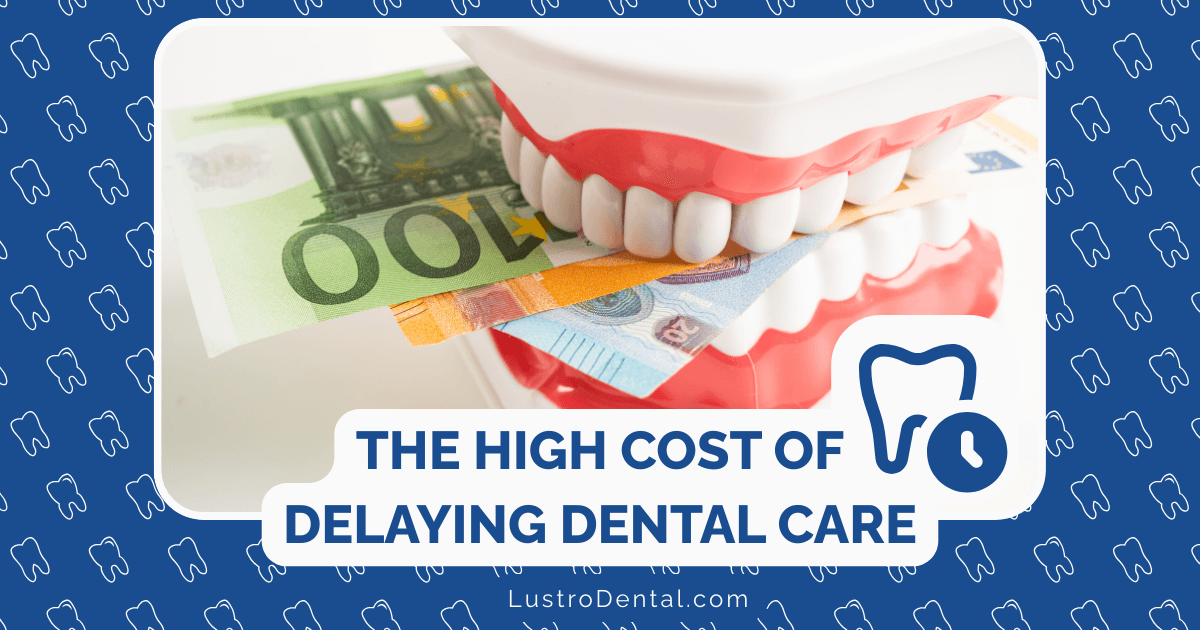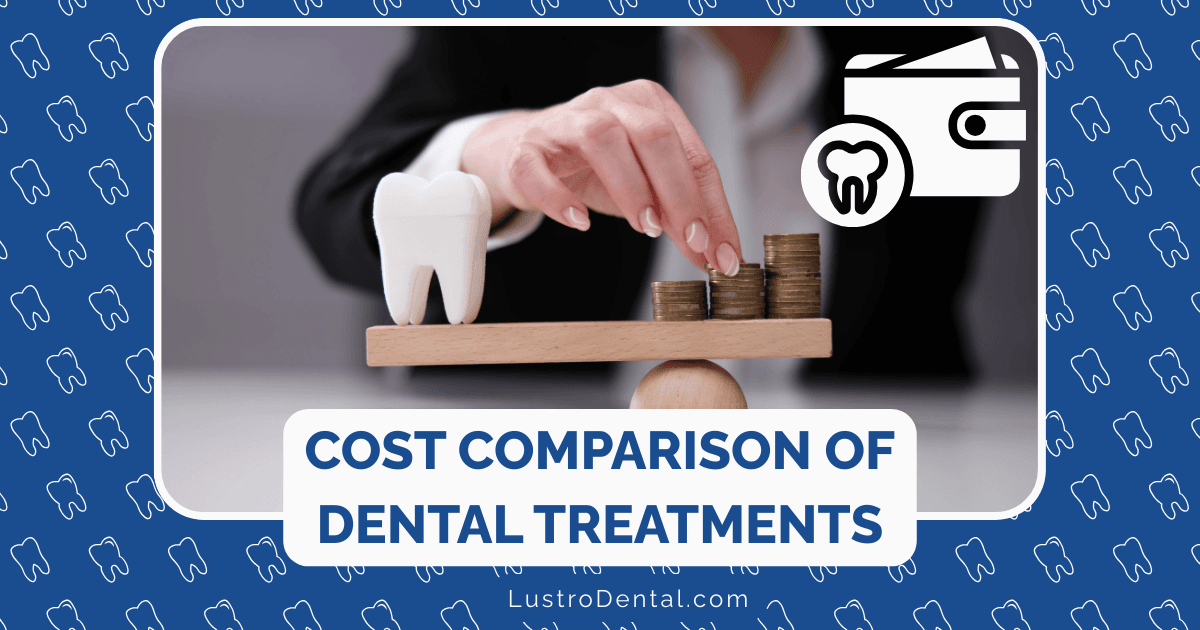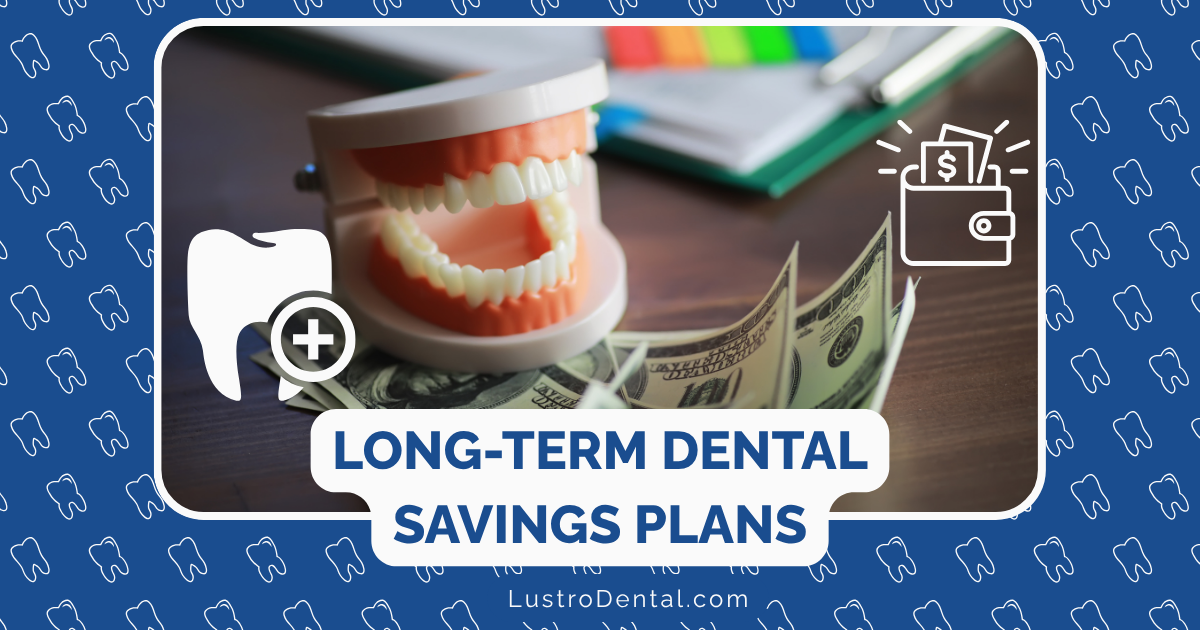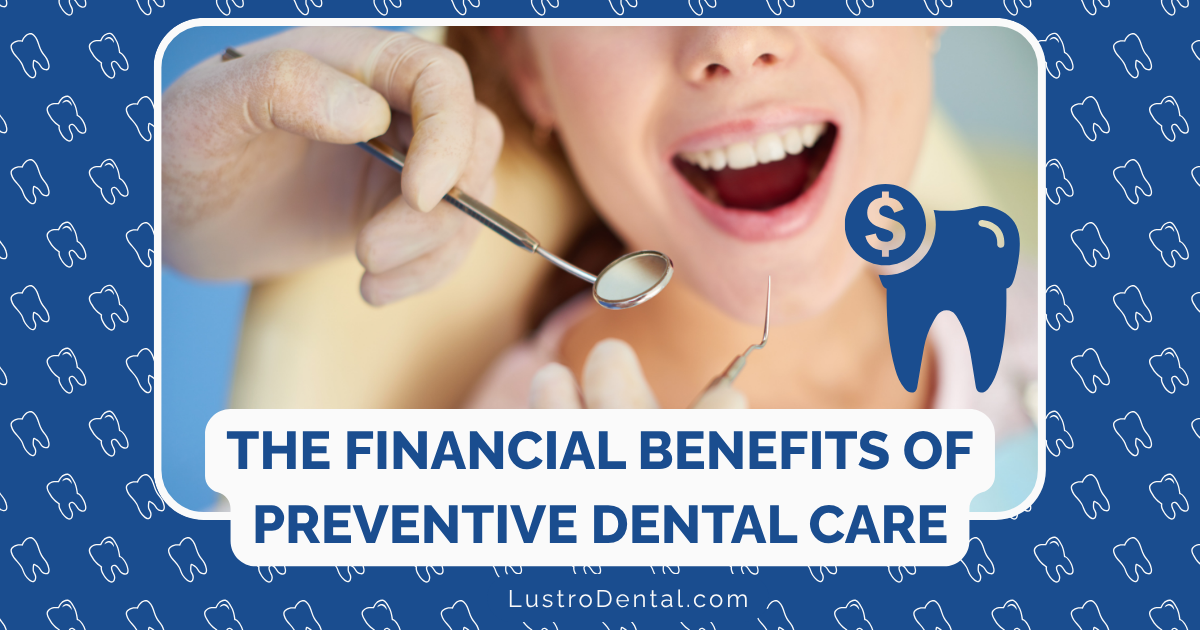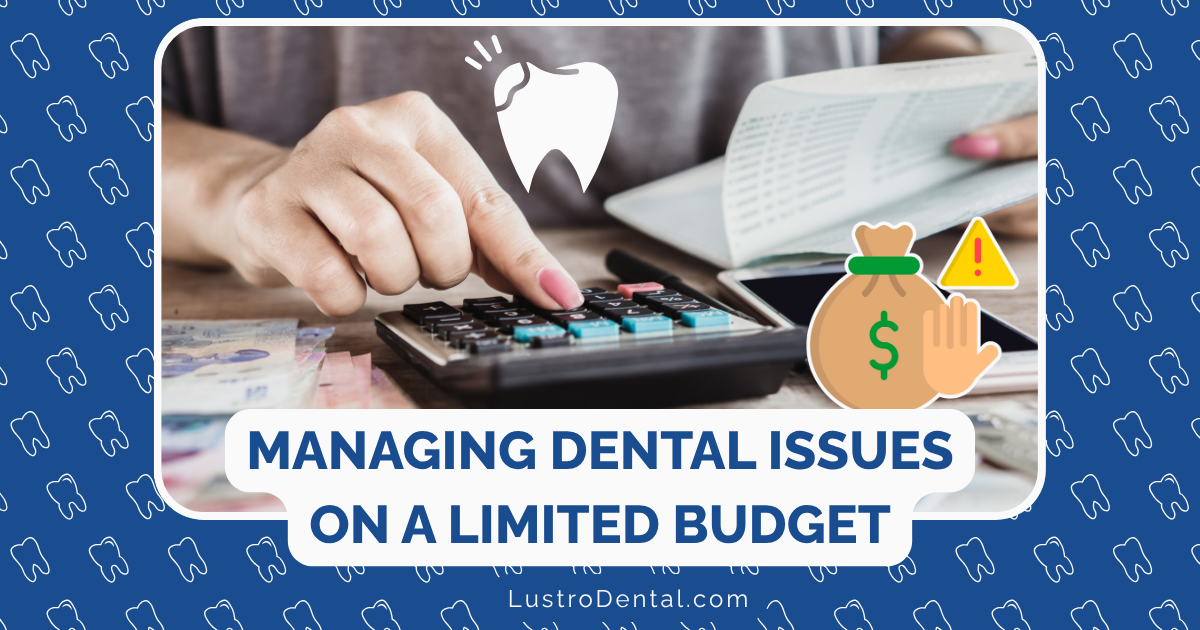Dental Financing Options Compared: Interest Rates, Terms, and Fine Print
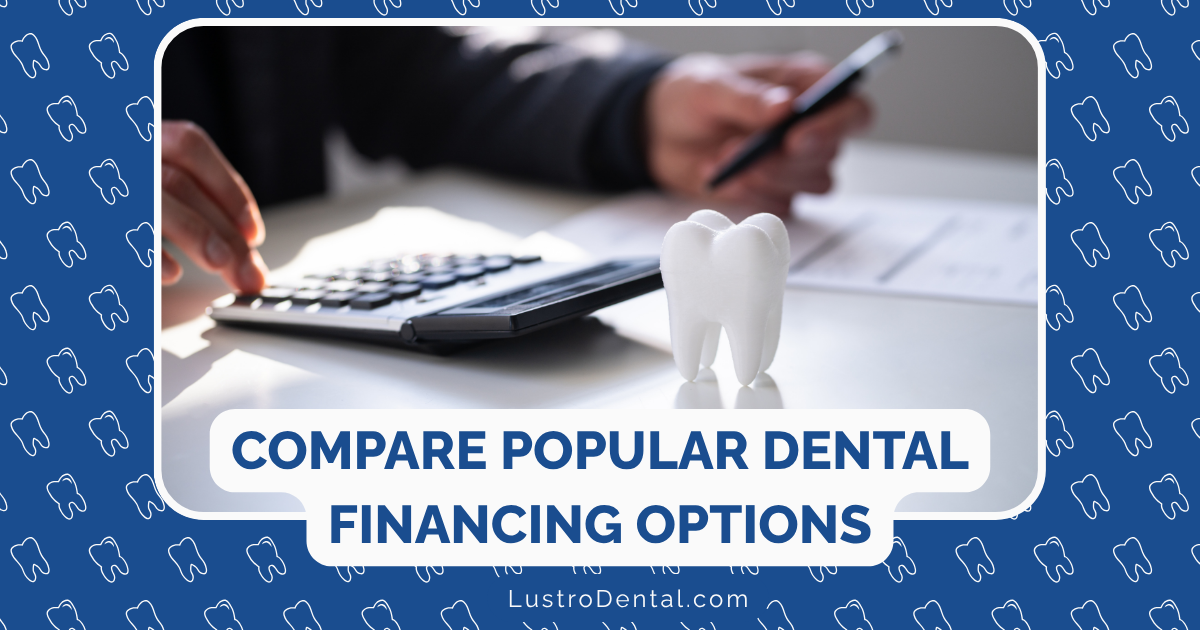
That throbbing tooth isn’t just causing physical pain—it’s about to inflict some serious damage on your wallet, too. With the average cost of a single dental implant hovering around $3,000-$5,000 and a full set of dentures running $1,500-$6,000, dental work ranks among the most expensive healthcare services that insurance often doesn’t adequately cover.
According to the American Dental Association, even patients with dental insurance end up paying about 40% of dental costs out of pocket. For the 76.5 million Americans without dental insurance, that figure jumps to 100%.
Enter dental financing—the array of loans, credit options, and payment plans designed to spread that financial pain over time. But not all financing options are created equal, and the wrong choice could leave you paying thousands in unnecessary interest and fees.
Let’s cut through the marketing hype and examine what’s really on offer, from interest rates and repayment terms to the fine print that most providers hope you’ll ignore.
The Major Players in Dental Financing
Before diving into detailed comparisons, let’s identify the main categories of dental financing available in today’s market:
1. Medical Credit Cards
Specialized credit cards for healthcare expenses, often offered right at the dental office. Examples: CareCredit, Alphaeon Credit, Wells Fargo Health Advantage
2. Personal Loans
Standard unsecured loans that can be used for dental expenses. Examples: SoFi, LightStream, Upgrade, LendingClub
3. Dental-Specific Lenders
Financing companies that work exclusively in the dental space. Examples: Proceed Finance, Cherry Finance, LendingPoint
4. In-House Dental Financing
Payment plans offered directly by dental practices, sometimes through third-party services. Examples: Varies by practice
5. Traditional Credit Cards
Regular credit cards, sometimes with promotional 0% APR periods. Examples: Various bank and credit union offerings
Interest Rates Comparison: The Real Cost of Dental Financing
Interest rates represent the most significant factor in determining the total cost of financing. Here’s how the major options stack up:
Medical Credit Cards
| Provider | Promotional Rate | Standard Rate | Promotion Period | Deferred Interest |
| CareCredit | 0% | 17.90-26.99% | 6-24 months | Yes |
| Alphaeon Credit | 0% | 17.99-27.99% | 6-24 months | Yes |
| Wells Fargo Health Advantage | 0% | 12.99-21.99% | 6-18 months | Yes |
The Fine Print: Most medical credit cards offer “deferred interest” promotions, not true 0% APR. If you don’t pay the entire balance by the end of the promotional period, you’ll be charged retroactive interest on the original amount—even the portion you’ve already paid off. According to the Consumer Financial Protection Bureau, about 25% of consumers with deferred interest promotions end up paying the retroactive interest.
Personal Loans
| Provider | APR Range | Loan Amounts | Terms | Origination Fee |
| SoFi | 8.99-29.49% | $5,000-$100,000 | 24-84 months | None |
| LightStream | 7.99-25.99% | $5,000-$100,000 | 24-144 months | None |
| Upgrade | 8.49-35.99% | $1,000-$50,000 | 24-84 months | 1.85-9.99% |
| LendingClub | 9.57-35.99% | $1,000-$40,000 | 36-60 months | 3-7% |
The Fine Print: Personal loans typically have fixed interest rates and set repayment terms. While there’s no risk of retroactive interest, some lenders charge origination fees that effectively increase your APR. According to Bankrate, the average personal loan interest rate currently hovers around 12.38%, significantly lower than the average credit card rate of 20.10%.
Dental-Specific Lenders
| Provider | APR Range | Loan Amounts | Terms | Special Features |
| Proceed Finance | 9.99-29.99% | $1,000-$60,000 | 24-96 months | No credit minimum |
| Cherry Finance | 0-36% | $500-$10,000 | 3-60 months | Instant approval |
| LendingPoint | 9.99-35.99% | $2,000-$36,500 | 24-60 months | Funding as fast as next day |
The Fine Print: Dental-specific lenders often advertise “instant decisions” and “no credit minimum,” but these conveniences typically come with higher average APRs. According to LendingTree, borrowers with poor credit can face interest rates up to 10 percentage points higher than advertised minimums.
In-House Dental Financing
| Type | Typical APR | Terms | Down Payment Required |
| Interest-Free Plans | 0% | 3-12 months | Often 20-50% |
| Long-Term Financing | 5-15% | 12-60 months | Varies |
| Third-Party Administered | Varies | Varies | Varies |
The Fine Print: In-house financing varies dramatically by practice. Some dentists offer genuinely interest-free short-term payment plans, while others use third-party services that function similarly to loans or medical credit cards. According to dental practice consultants, approximately 30% of dental offices offer some form of in-house financing, but terms are rarely standardized.
Traditional Credit Cards
| Type | Intro APR | Standard APR | Intro Period | Annual Fee |
| 0% Intro APR Cards | 0% | 16.99-28.99% | 12-21 months | $0-$95 |
| Rewards Cards | Rarely 0% | 18.99-29.99% | N/A | $0-$550 |
| Secured Cards | Rarely 0% | 22.99-29.99% | N/A | $0-$49 |
The Fine Print: Unlike medical credit cards, traditional credit cards with 0% intro APR offers provide true interest-free periods without the risk of retroactive interest. However, once the promotional period ends, standard rates apply to remaining balances. According to CNBC, the average credit card interest rate is now over 20%, making this an expensive long-term financing option.
Beyond Interest Rates: Other Critical Terms to Compare
While interest rates significantly impact total costs, other terms can be equally important:
Credit Requirements
| Financing Type | Minimum Credit Score | Co-Signer Option | Alternative Approval Factors |
| Medical Credit Cards | 620+ (580+ possible) | Sometimes | Income, Debt-to-Income Ratio |
| Personal Loans | 660+ (600+ possible) | Yes | Income, Employment History |
| Dental-Specific Lenders | 600+ (some no minimum) | Sometimes | Income, Banking History |
| In-House Financing | Often no formal minimum | Sometimes | Payment History with Practice |
| Traditional Credit Cards | 670+ (580+ for secured) | Rarely | Income, Credit History Length |
Funding Speed
| Financing Type | Application to Approval | Approval to Funding | Total Timeline |
| Medical Credit Cards | Minutes | Immediate | Same day |
| Personal Loans | Hours to 1 day | 1-7 days | 1-7 days |
| Dental-Specific Lenders | Minutes to hours | 1-3 days | 1-3 days |
| In-House Financing | Minutes | Immediate | Same day |
| Traditional Credit Cards | Minutes to days | 7-10 days (for card delivery) | 7-10 days |
Hidden Fees and Penalties
| Financing Type | Late Payment Fee | Prepayment Penalty | Other Notable Fees |
| Medical Credit Cards | $25-$40 | None | Retroactive interest if promo not paid in full |
| Personal Loans | $15-$39 | 0-5% (uncommon) | Origination fees (0-10%) |
| Dental-Specific Lenders | $15-$30 | Rare | Administrative fees (varies) |
| In-House Financing | Varies | Rare | Down payment requirements |
| Traditional Credit Cards | $29-$40 | None | Annual fees, balance transfer fees |
Real Cost Scenarios: What You’ll Actually Pay
Let’s see how these options compare for a typical dental procedure:
Scenario: $5,000 Dental Implant
Medical Credit Card (CareCredit)
- 24-month 0% promotion (paid on time): $5,000 ÷ 24 = $208.33/month
- Total cost: $5,000
- 24-month 0% promotion (missed final payment): Retroactive interest at 26.99% = approximately $1,700 in additional costs
- Total cost if promotion violated: $6,700
Personal Loan (SoFi)
- 36-month term at 12.99% APR: $168/month
- Total interest paid: $1,048
- Total cost: $6,048
Dental-Specific Lender (Proceed Finance)
- 36-month term at 15.99% APR: $175/month
- Total interest paid: $1,300
- Total cost: $6,300
In-House Financing (Typical Practice)
- 12-month interest-free with 20% down: $333.33/month after $1,000 down payment
- Total cost: $5,000
Traditional Credit Card (Citi Diamond Preferred)
- 18-month 0% intro APR (paid before promotion ends): $277.78/month
- Total cost: $5,000
- 18-month 0% intro APR then 24 months at 19.99% (minimum payments): Approximately $2,000 in interest
- Total cost if not paid during promotion: $7,000
The Best Options for Different Situations
Based on the comprehensive comparison above, here are the best financing options for different scenarios:
Best for Fast Treatment with Good Credit
Option: Personal loan from LightStream or SoFi Why: Low fixed rates, no fees, and fast funding for qualified borrowers
Best for Limited Credit History
Option: Dental-specific lender like Cherry Finance Why: More flexible approval criteria, though with potentially higher rates
Best for Short-Term Financing (under 12 months)
Option: In-house dental financing Why: Often truly interest-free for short terms if you can manage the payment amount
Best for Longer Repayment Periods
Option: Personal loan with 48-60 month terms Why: Lower monthly payments with predictable interest costs
Best for Emergency Dental Work
Option: Medical credit card (CareCredit) Why: Immediate approval at the dental office, though beware the deferred interest trap
Best for Poor Credit
Option: Secured credit card or specialized dental financing Why: More accessible approval, though with higher costs
Red Flags in Dental Financing Agreements
When reviewing financing options, watch for these warning signs:
1. Deferred Interest Clauses
What to Look For: Terms like “no interest if paid in full” rather than “0% APR” Why It Matters: Deferred interest means you’ll owe all accrued interest from day one if you don’t pay the entire balance by the promotion end date Example Cost: On a $3,000 procedure with a 24.99% deferred interest rate, missing the deadline by even a day could add $800+ in retroactive interest
2. Prepayment Penalties
What to Look For: Fees for paying off your balance early Why It Matters: These penalties can negate the savings from early repayment Example Cost: A 3% prepayment penalty on a $5,000 balance would cost $150
3. Variable Interest Rates
What to Look For: Terms like “rates as low as” or “variable APR” Why It Matters: Your rate could increase over time, making payments unpredictable Example Cost: A 3 percentage point increase on a $5,000 balance could add hundreds in additional interest
4. Automatic Payment Requirements
What to Look For: Promotional rates that require enrollment in automatic payments Why It Matters: Missing this requirement could trigger rate increases Example Cost: Rate jumps of 0.25-1% are common when auto-pay is disabled
5. Short Zero-Interest Periods
What to Look For: Promotional periods shorter than you need to comfortably repay Why It Matters: Standard rates kick in before you’ve paid off the balance Example Cost: A $4,000 procedure with only a 6-month promotion would require $667/month to avoid interest
Alternative Approaches to Consider
Before committing to financing, consider these alternatives:
Dental Schools
Potential Savings: 50-70% off standard rates Drawbacks: Longer appointment times, limited availability Best For: Non-emergency procedures where timing is flexible
Dental Savings Plans
Potential Savings: 10-60% off cash prices Drawbacks: Upfront membership fee ($100-200/year) Best For: Combining with financing for reduced principal amount
Health Savings Accounts (HSAs) or Flexible Spending Accounts (FSAs)
Potential Savings: Tax advantages reduce effective cost by your tax rate (typically 15-37%) Drawbacks: Annual contribution limits, FSAs have “use it or lose it” provisions Best For: Planned procedures you can save for in advance
Negotiating Cash Discounts
Potential Savings: Often 5-15% off standard rates Drawbacks: Requires upfront payment Best For: Smaller procedures or combining with partial financing
Making Your Decision: A Step-by-Step Approach
- Get a detailed treatment plan and cost estimate from your dentist
- Check your credit score to understand which options you’ll qualify for
- Calculate how much you can realistically pay monthly without straining your budget
- Determine your ideal repayment timeline based on your financial situation
- Compare total costs (including all fees and interest) across multiple options
- Read the fine print carefully, especially regarding promotional periods and penalties
- Have a backup plan for how you’ll handle payments if your financial situation changes
The Bottom Line
Dental financing can make necessary care accessible when you can’t pay the full amount upfront. However, the wrong financing choice can add thousands to your total cost and create financial stress that lasts long after your dental pain is resolved.
The best option depends on your specific situation—your credit profile, the amount needed, how quickly you can repay, and your tolerance for complexity. By understanding the true costs and terms of each financing type, you can make an informed decision that protects both your dental and financial health.
Have you used dental financing? Share your experience in the comments below!


